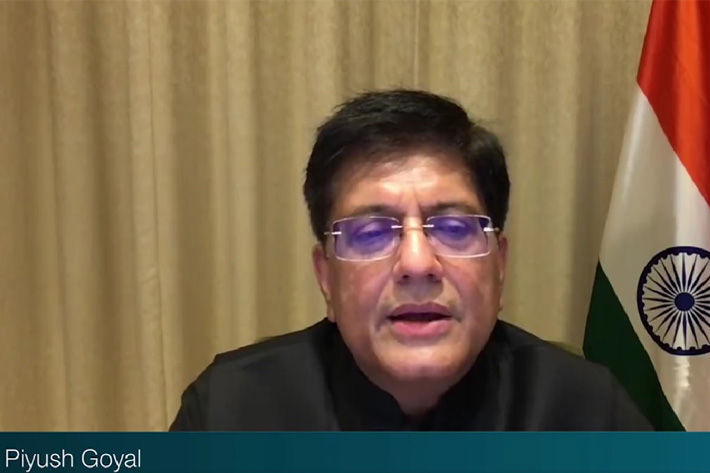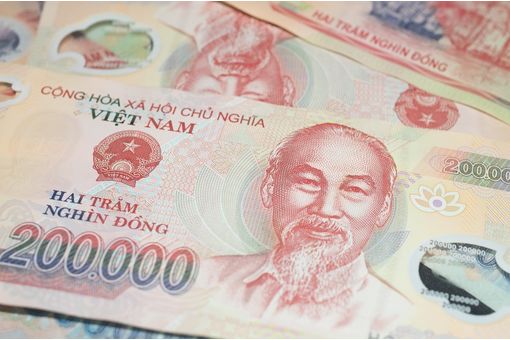Mend 'historical asymmetries', 'imbalances' in WTO agri rules: India

The Special Safeguard Mechanism of the WTO is a special protection mechanism for developing countries that allows developing countries to raise tariffs on agricultural imports that are injurious to domestic farmers.
“India and all of us in this G33 group of members have long been calling for accessible and effective Special Safeguard Mechanism (SSM) in order to address the destabilising and crippling effects of import surges and downward price movement largely due to huge subsidies by the developed members,” Goyal said.
“They already have an aggregate measure of support entitlement which is quite large since there was already huge subsidies which were kept at a standstill many years almost five years ago. This is so, more particularly in the wake of volatility of the prices observed post pandemic an outcome remains for many members an important element of the agricultural package,” he was quoted as saying by a press release of the Indian ministry of commerce and industry.
The Agreement on Agriculture, which is already riddled with ‘deep imbalances’, favours the developed countries that have created the rules against many developing countries and that is quite evident now, he emphasised.
When the WTO was established, agriculture got a raw deal with imbalanced outcomes, the minister said.
“Those who were distorting markets by granting import subsidies secured to continue to grant export subsidies under the Agreement on Agriculture (AOA). At that time many of us—rather most of us—being less developed or least developing countries, were not giving out subsidies; therefore, since we were not giving subsidies in the base period, we lost our right to grant significant subsidies in the future,” he noted.
“Further, the rules of agreement largely suited the developed countries socio-economic architecture, higher entitlement of subsidies for the developed world were institutionalised and the very formula for calculation of market price support was quite flawed and frozen at that point of time” Goyal added.
Fibre2Fashion News Desk (DS)
































-Ltd..jpg?tr=w-120,h-60,c-at_max,cm-pad_resize,bg-ffffff)





.jpg?tr=w-120,h-60,c-at_max,cm-pad_resize,bg-ffffff)
.jpg?tr=w-120,h-60,c-at_max,cm-pad_resize,bg-ffffff)






